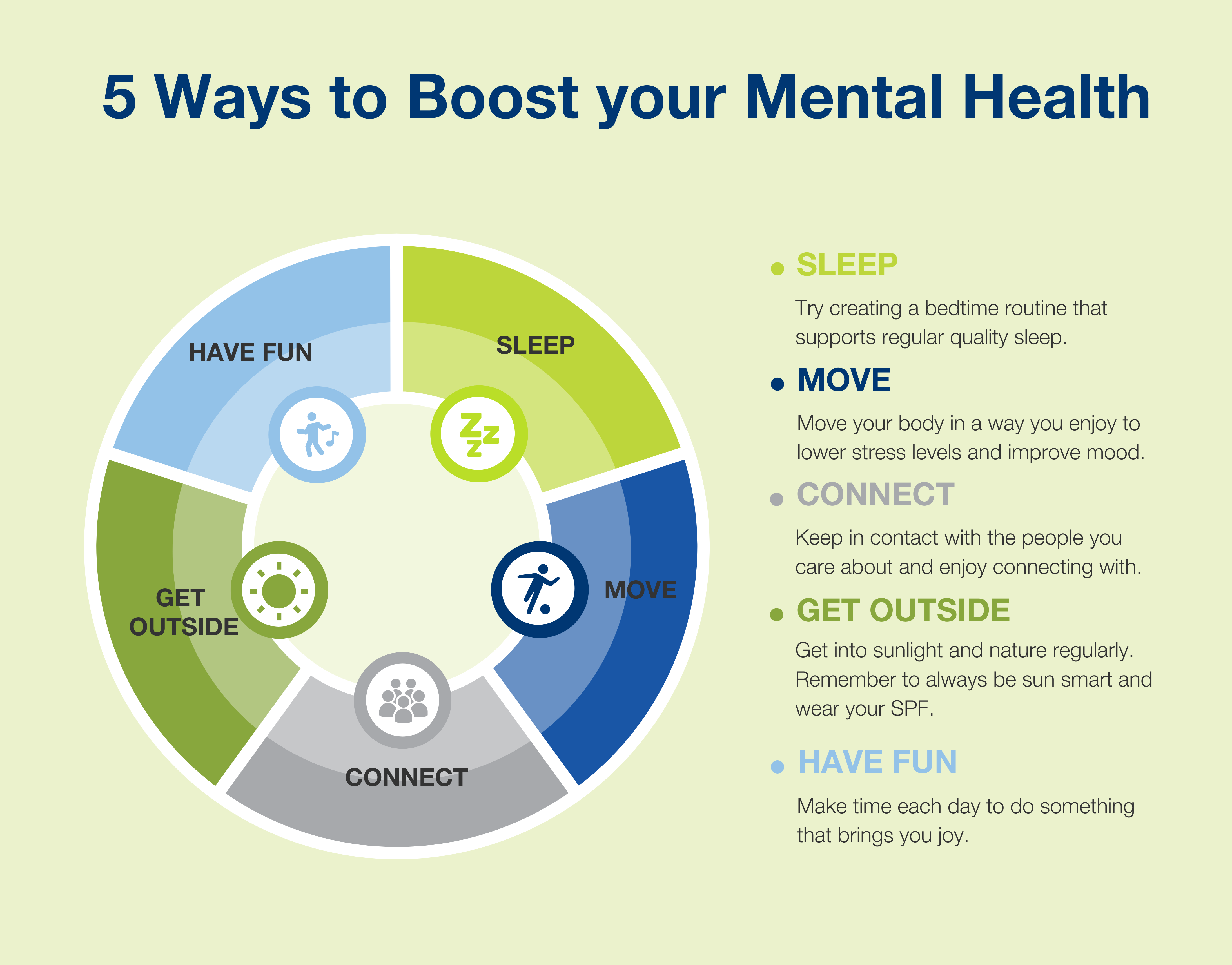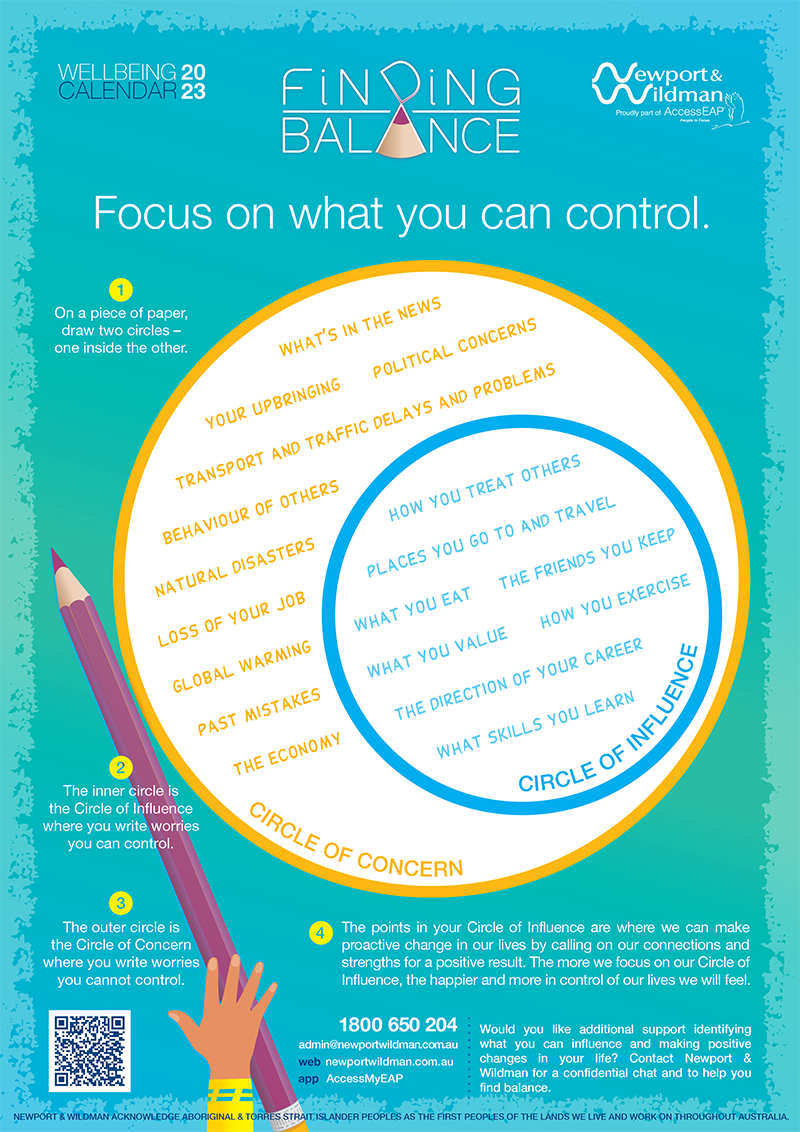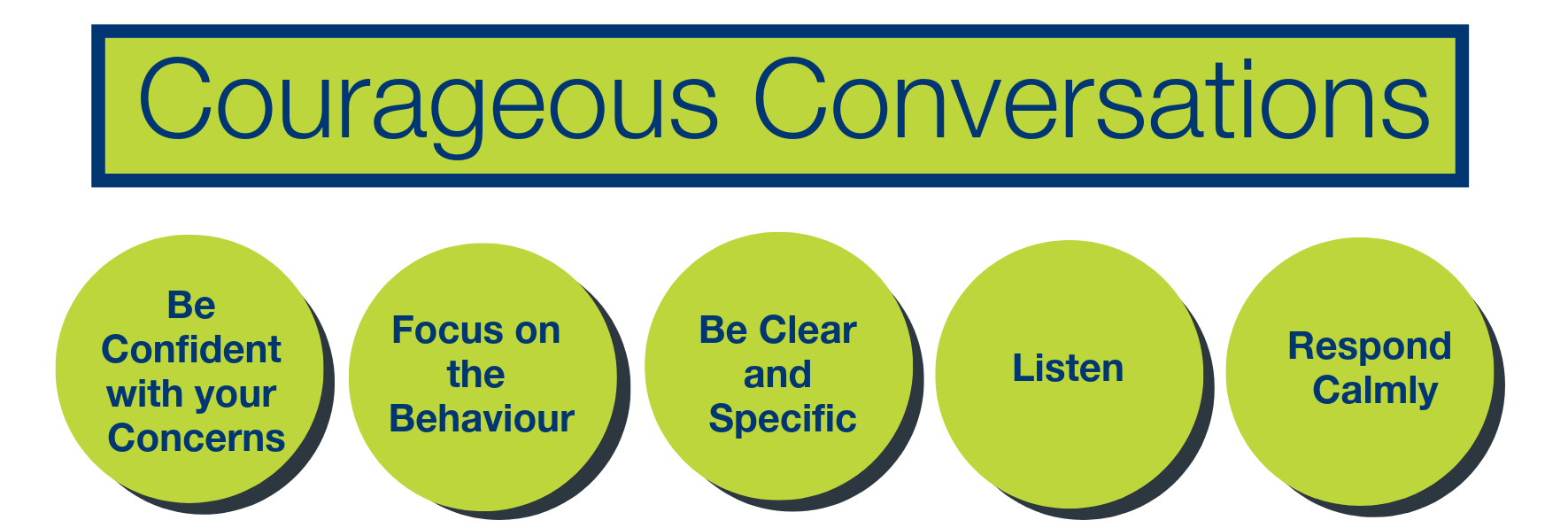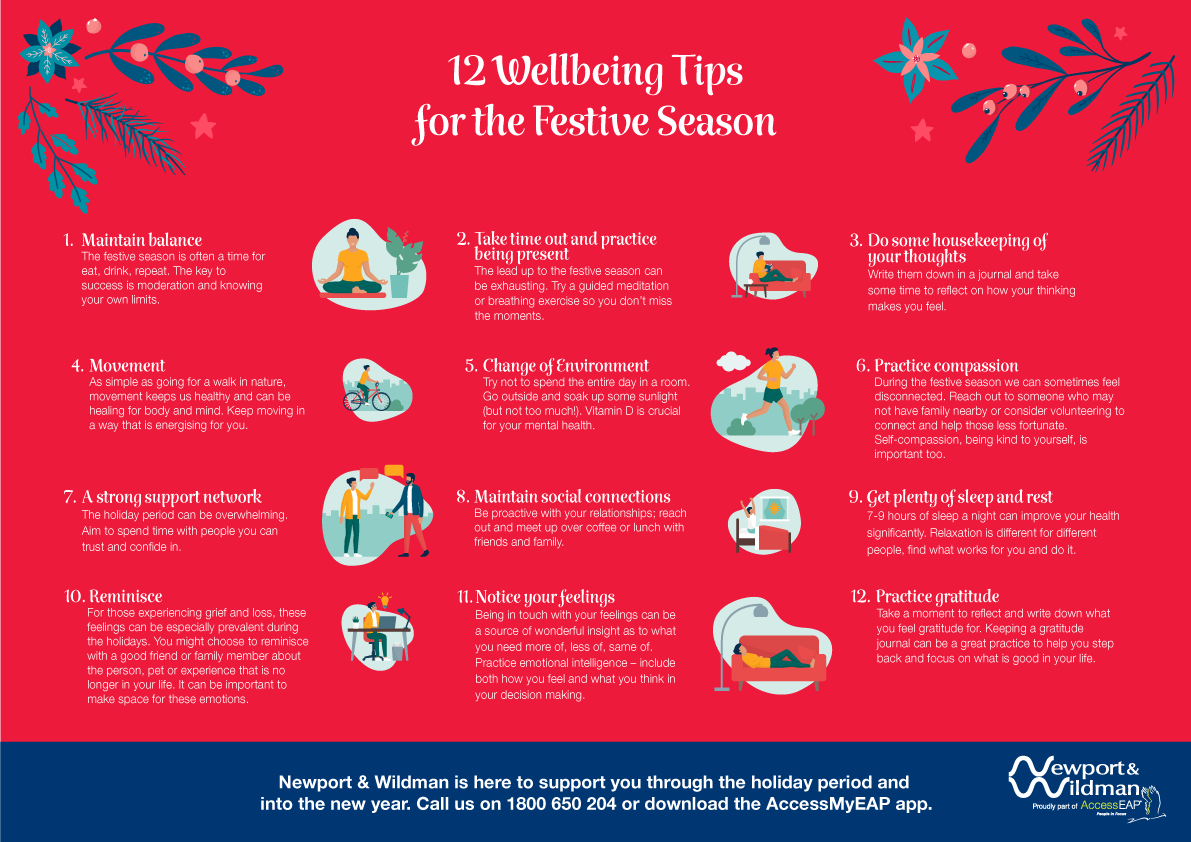R U OK? Day on Thursday 14th September is a reminder of how important it is to check in with each other. We all need a feeling of connection with others for good mental health, and sometimes we see people around us who seem more reserved or less sociable than usual. This is the time we can consider asking R U OK?
RUOK? Day was founded by Gavin Larkin as a response to the suicide of his father. Gavin was determined to try to help others. He championed the fact that a conversation, starting with “are you OK?” can change a life – perhaps save a life. Out of that was born an extraordinary Australian organization whose mission is to inspire and empower people to meaningfully connect with those in their world and lend support when they are struggling.
R U OK? Day creates an opportunity for us all to start a dialogue about mental health, to create an environment of acceptance, and to normalise asking for help. At work, Managers and Leaders play a vital role in the culture of their workplaces. The most direct way to encourage discussion is through talking and encouraging others to talk, especially about what might be uncomfortable topics for some – such as their mental health. Leaders can empower their employees and facilitate a culture where it is normal to talk about how you feel, and for others to actively listen without trying to ‘fix’ anyone. R U OK? Day is an opportunity to discuss the importance of learning the steps and skills on how to ask those who may be struggling if they are OK. Lots of great guidance can be found on their website.
Our emotions are our friends. They tell us how our inner world is going. Learning to listen patiently to our emotions, to hear what they are telling us, and then acting in a way that adds to our wellbeing is a skill learnt over the course of a lifetime. Talking with others about how we feel can help clarify what we need to do to take good care of ourselves. Having someone ask you, genuinely, “are you OK?”, and then them waiting quietly for what you have to say, might be the difference between you feeling confused and lonely, or feeling there is hope and a way forward. The RUOK? website says there are four components to asking – 1. Ask, 2. Listen, 3. Encourage action, 4. Check in.
If there is someone you are concerned about, be courageous and ask “are you OK?” It might make a world of difference.
If you are struggling or would like support in having an R U OK? conversation, please reach out to us on 1800 650 204.
Stephen Malloch, Manager Clinical Consulting





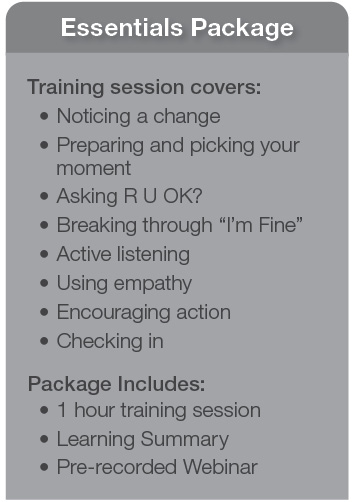
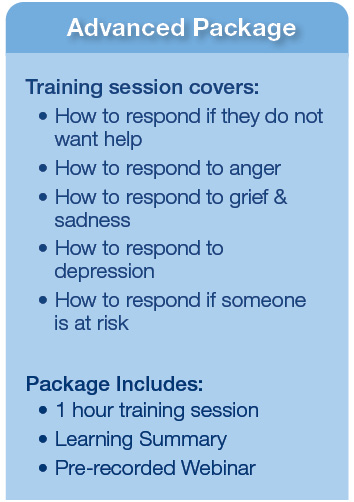
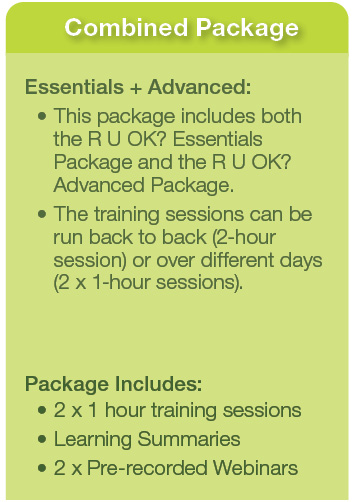
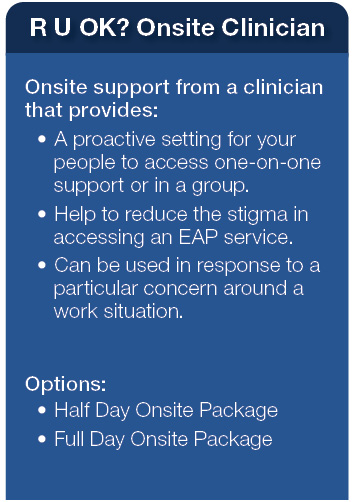
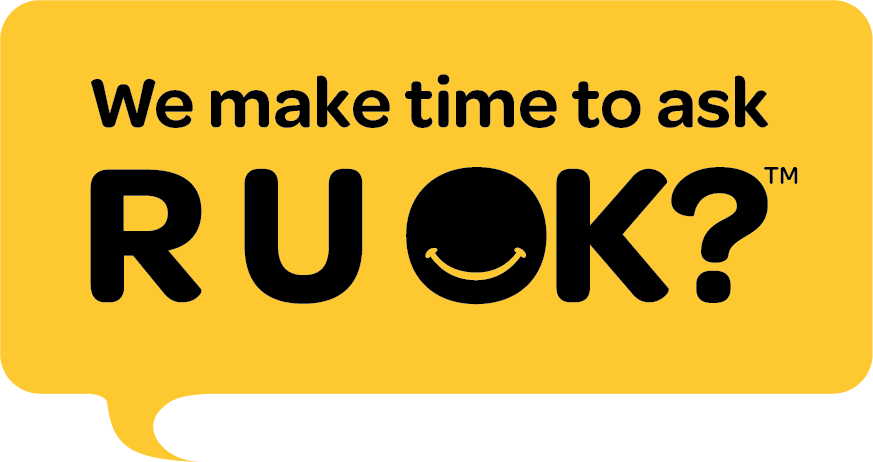 For more information on R U OK? Day, see the
For more information on R U OK? Day, see the 
